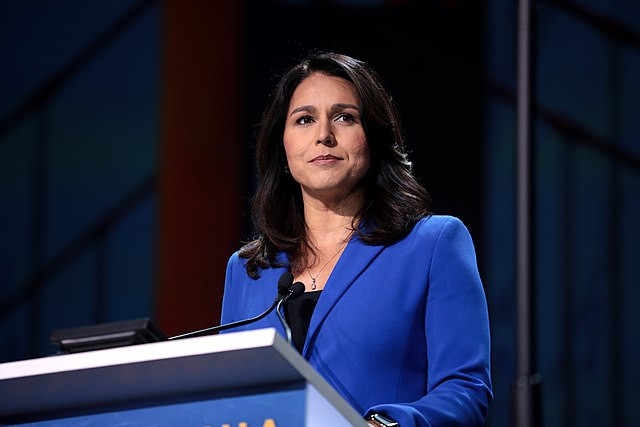Director of National Intelligence Tulsi Gabbard has declassified a series of Obama-era intelligence documents, reviving long-disputed claims that the U.S. intelligence community politicized its 2017 assessment of Russian election interference. Gabbard, a Trump appointee, asserts the newly released materials show that former President Barack Obama and his national security officials "manufactured and politicized intelligence" to discredit Donald Trump's 2016 victory-a charge U.S. lawmakers and intelligence experts dispute.
In a press release issued by the Office of the Director of National Intelligence (ODNI), Gabbard said she had "revealed overwhelming evidence" of a "years-long coup against President Trump." She promoted this narrative on social media and Fox News, citing emails and internal memos from 2016 that she claims contradict the intelligence community's January 2017 conclusion that Russian President Vladimir Putin sought to aid Trump's election and damage Hillary Clinton.
"This is utter nonsense," wrote Rep. Jim Himes (D., Conn.) on X, formerly Twitter. Sen. Mark Warner (D., Va.), vice chairman of the Senate Intelligence Committee, added, "It is sadly not surprising that DNI Gabbard, who promised to depoliticize the intelligence community, is once again weaponizing her position to amplify the president's election conspiracy theories."
The declassified documents include internal ODNI emails, a "Director's Initiatives Group" timeline, and a review of CIA procedures. In one August 2016 email, a Department of Homeland Security official wrote, "There is no indication of a Russian threat to directly manipulate the actual vote count through cyber means." That statement echoes the public January 2017 intelligence assessment, which similarly concluded that voting systems were not tampered with.
Gabbard's assertion that there was a "180-degree shift" in the intelligence community's assessments before and after the election is not substantiated by the material she released. Instead, the documents reflect debate and dissent within the intelligence community over Russia's intent-specifically, whether Putin preferred Trump or simply sought to destabilize U.S. democracy.
One memo quotes a former intelligence official who declined to endorse the 2017 assessment, stating he could not "concur in good conscience" with the conclusion that Russia held a "decisive preference" for Trump. However, the Senate Intelligence Committee later reported that analysts "were free to debate, object to content, and assess confidence levels," and found no evidence of political manipulation in the analytic process.
Gabbard also claimed the intelligence assessment relied heavily on the discredited Steele dossier, but the Justice Department's inspector general determined the dossier was not used as the basis for opening the FBI's counterintelligence investigation. Rather, U.S. intelligence primarily relied on a CIA source close to the Kremlin in forming its assessment about Putin's intent.
The Steele dossier, compiled by former British intelligence officer Christopher Steele and funded by Democrats, did play a role in obtaining FISA surveillance warrants targeting Trump campaign adviser Carter Page. FBI agents continued using the dossier even after concerns emerged about its credibility. However, its role in the broader intelligence conclusion has often been overstated, and then-CIA Director John Brennan opposed even including it in the final intelligence report.
CIA Director John Ratcliffe, in a separate report earlier this month, alleged that Obama officials "manipulated intelligence" during the 2016 transition period. Yet, the CIA's internal "lessons-learned" review ultimately concluded the 2017 intelligence assessment was "defensible."






